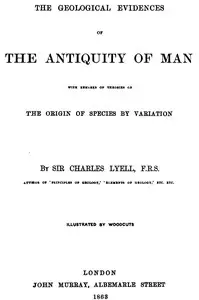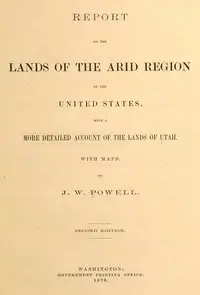"Principles of Geology" by Sir Charles Lyell is a scientific publication written in the early 19th century. This foundational work explores the modern changes in the Earth and the evolution of its inhabitants, using these principles to clarify the concepts and processes of geology. Lyell's aim is to illuminate the historical development of geological thought, emphasizing the significance of understanding present-day geological processes to interpret past events. The opening of the book serves as an introductory preface, where Lyell outlines the purpose, structure, and significance of his work in the broader context of geological science. He distinguishes between his treatise, which focuses on contemporary natural changes, and earlier works that dealt with ancient geological phenomena. The author emphasizes the necessity of studying present dynamics—like erosion, sedimentation, and volcanic activity—to interpret the Earth's geological history accurately. He reflects on the historical progress of geology itself, noting that it has evolved through various misconceptions and approaches over the ages, linking geological observations with insights from other scientific disciplines. (This is an automatically generated summary.)

Principles of Geology or, The Modern Changes of the Earth and its Inhabitants Considered as Illustrative of Geology
By Charles Lyell
"Principles of Geology" by Sir Charles Lyell is a scientific publication written in the early 19th century. This foundational work explores the modern...
Sir Charles Lyell, 1st Baronet, was a Scottish geologist who demonstrated the power of known natural causes in explaining the earth's history. He is best known today for his association with Charles Darwin and as the author of Principles of Geology (1830–33), which presented to a wide public audience the idea that the earth was shaped by the same natural processes still in operation today, operating at similar intensities. The philosopher William Whewell dubbed this gradualistic view "uniformitarianism" and contrasted it with catastrophism, which had been championed by Georges Cuvier and was better accepted in Europe. The combination of evidence and eloquence in Principles convinced a wide range of readers of the significance of "deep time" for understanding the earth and environment.















